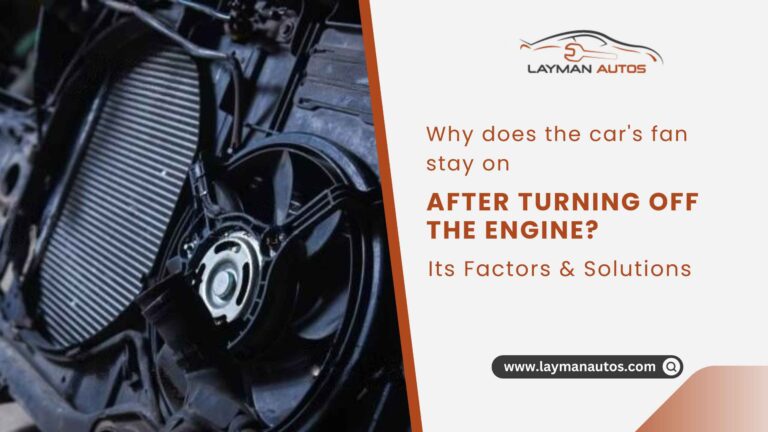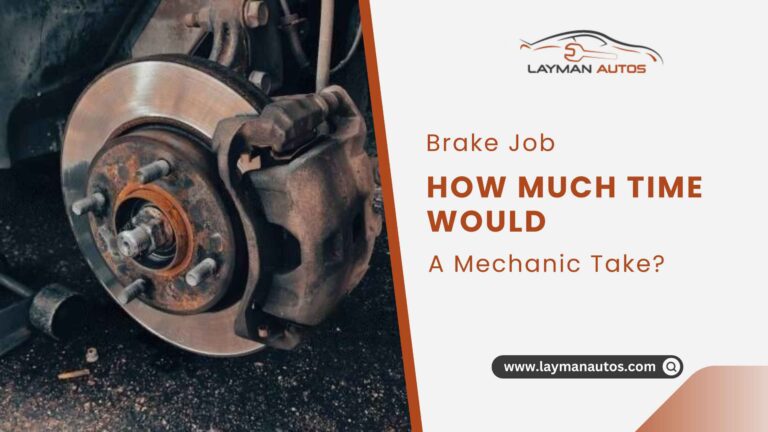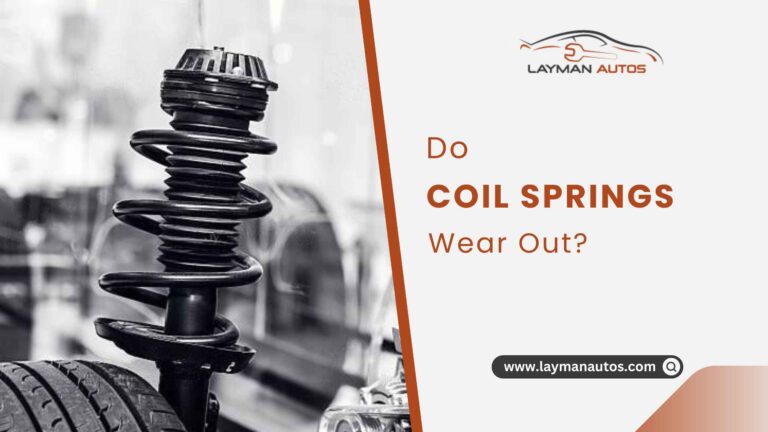How to Fix Sloshing in Car? Troubleshooting Methods
A watery sound contacts my ears whenever I crank the engine or accelerate. Initially, there were only sounds, but now I have experienced a foul smell too. Initially, I checked whether it was the trunk area, suspension, or clogged drains. The sound made me wonder what causes it, and in that regard, How to Fix the Sloshing Sound in a Car.
The reasons for the car’s sloshing sound are many. However, the prominent ones result due to the output of clogged drains, low coolant levels, and the formation of air bubbles. You can fix the problem by properly maintaining the cooling and heating system. In addition, keeping the drains clean and dirt-free is the need of the hour to fix the water sound firsthand.
In this section, I will mention how to fix the sloshing sound inside and outside the car. Further, you will know in detail the leading factors that are as crucial to consider as to correct them.
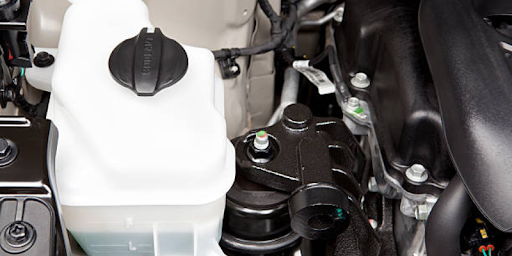
Why Does it Sound Like Water Sloshing in My Car?
How to fix sloshing sound in the car is the next step before analyzing what causes it. So here is the primary reason that is undercover and creates the situation of headaches for you.
1. Clogged Drains
Car sloshing noise is not the problem constricted to the car’s interior but locating the culprits externally. Let’s discuss the major ones to find the best fixes easily.
Clogged AC Drain
Moisture develops along the evaporator coil when you turn on the car’s AC, dripping down the condensate pan and into the interior. If the drain is clogged, you hear the water sound in the car when braking, also providing the perfect environment for molds and bacteria to grow.
Note: You can diagnose a sloshing sound due to a clogged AC drain when the vehicle turns and brakes.
2. Clogged Windshield Drain
Do you hear a sloshing sound from the front of the car? If yes, the main culprit behind this is the clogged windshield drain. When a high amount of moisture gathers in the cowl or firewall origin, it may cause excess leaking inside the vehicle. Furthermore, the water leaking is prone to the floorboard because it causes rust formation and damages the control units.
3. Bad Sunroof Drains
Do you know that washing your car sometimes costs you foul drains? If not, clogged sunroof drains are the live example. When you leave the car unattended for a considerable time, in the rain, or underwater, dirt and other particles accumulate inside, causing clogging and then stocking water.
4. Clogged Door Drain
The doors of the car help in extreme safety, but on the other hand, they may become the factor in gathering water. You don’t know when too much water gets stuck inside the door holes through window seals and you hear a sloshing sound.
Pro tip: Swaying the car’s doors when parked will let you know the condition of the door drains.
Low Coolant Level
Maintaining a correct level of coolant/antifreeze is essential for an overall cooling or heating system. For example, when you start the engine, heat production and coolant flow compensate for it. If you notice low levels of coolant or leaking, you may end up overheating the engine with strange noises.
Blown Head Gasket
The head gaskets help maintain the seal between hot gases and coolant. If it is damaged or broken for any reason, the barriers also break, resulting in sloshing sounds in the car. In addition, water or oil leaking and slow efficiency of the cooling system are the symptoms of the blown head gaskets.
Heater System
The heater core uses warm coolant to heat the interior. When you crank the engine, the heating or cooling system works hand in hand to maintain the interior temperature. Any malfunction in your engine heating system can cause sloshing sounds. For example, air bubbles form inside the cooling system due to low coolant levels, and you hear water in the car.
Trapped Air
Generally, loosely sealed radiator caps invite air to be trapped inside and become the reason for the sloshing sound in the car. Remember, the low coolant level has nothing to do with trapped air, as both entities generate engine noises equally.
Clogged Fuel Filter
How about a contaminated fuel filter? The fuel enters the engine with dirt or debris if it becomes contaminated. Also, it creates problems for the engine’s health or does not start the car.
Faulty Fuel Pump
A fuel reservoir is another primary cause to look for when your car is sloshing. The fuel pump protects the fuel from gathering dust. The pump aims to send gasoline from the reservoir tank to the engine and helps start the car without any noise.
How to Fix Sloshing Sound in Car?
You must fix the water sound to drive the car smoothly and relaxedly. Not only will the problem affect the cooling or heating system, but it will also make it frustrating for you to consult an expert daily. Fixing the sloshing sound from the exterior to the interior helps repair it in no time. In this section, I will mention some essential tips to fix car sloshing sounds.
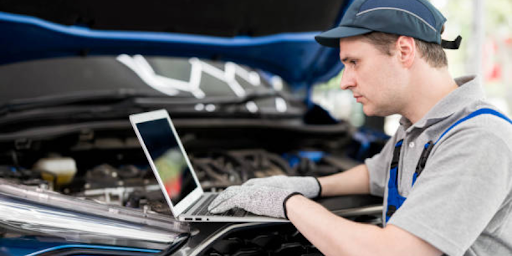
- Seal the radiator caps tightly.
- Look for engine oils and other lubricants at the recommended level
- Check for leakages
- Keep spare coolant with you
- Look for impending damages on the seals of the sunroof or doors
- Prevent gathering excessive dirt and debris
AC Drain Unclogging
The AC drain is at fault whenever you turn on the AC and experience a foul smell inside your car. You can quickly unclog the drain by favoring the help of compressed air. Hence, blow compressed air by locating the evaporator drain and say goodbye to molds.
Pro tip: wear safety glasses and keep your face aside from the drain tube.
Replace Fuel Filters
As the name indicates, the fuel filter is essential in clearing all the impurities before it enters the engine. So, make a habit of replacing the damaged, clogged, or worn-out filters after 12000 to 15000 miles.
Refilling the Coolant
A low coolant level is not a healthy sign for a car’s health. As a precautionary measure, you must check its level before going on long trips. However, if it is decreasing at a rapid speed, find out the cause of where it is leaking.
Prevent Air Bubbles
Why do I hear the liquid sloshing in my car when I accelerate? The air bubbles in the coolant and trapped air are forced to the top of the fluid. They form the mixture when you start the car and produce a sloshing sound.
You can DIY it by checking the coolant level and removing the microparticles from the radiator. Another tip to get rid of the air bubbles is to turn the heater to full and shut it off after 5 minutes of cooling.
Summing Up
To keep the car in good health, you should do your tasks such as checking for coolants, preventing dirt accumulation, keeping the drains in good condition, and then leaving the rest to experts.
Frequently Asked Questions
Water Sloshing In The Back Of The Car?
If you notice water sloshing in the back of the car, there is a chance that its drainage system will get clogged with debris and dirt particles. So, make a routine of cleaning the drains yourself and favor the help of a mechanic.
Can A Bad Car AC Compressor Cause Water Sloshing Sounds?
In most vehicles, a bad car AC compressor does its part in preventing heat by cooling the insides. Moreover, it works in coordinating several other components that replete heat. Generally, when the engine overheats, it causes a water-sloshing sound, not the bad AC compressor.

